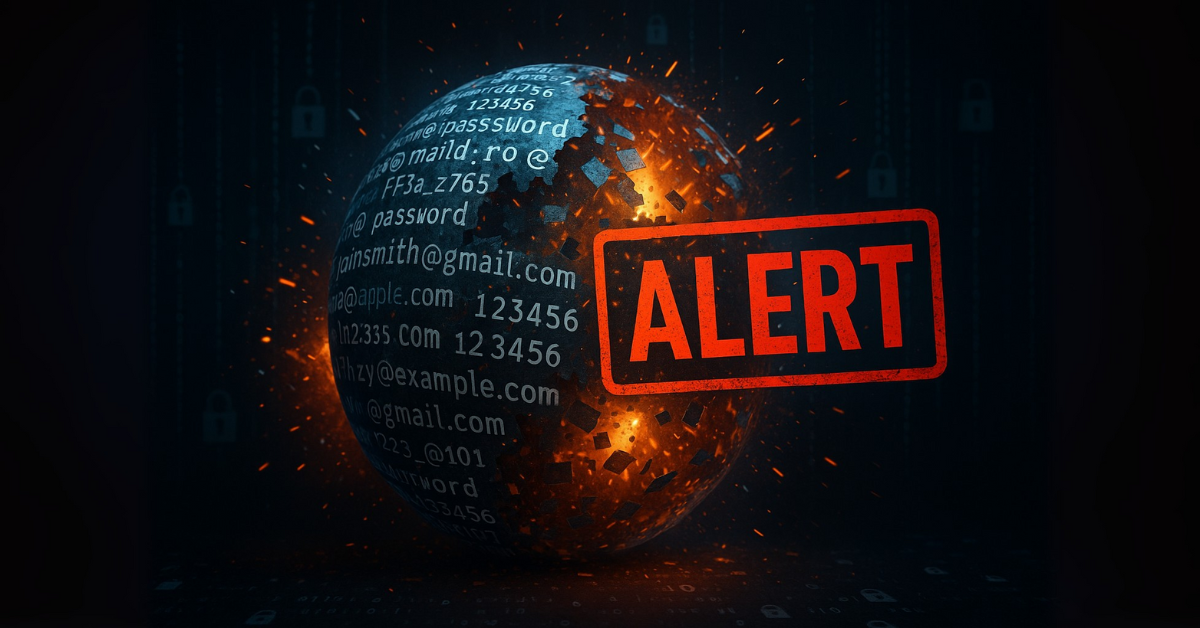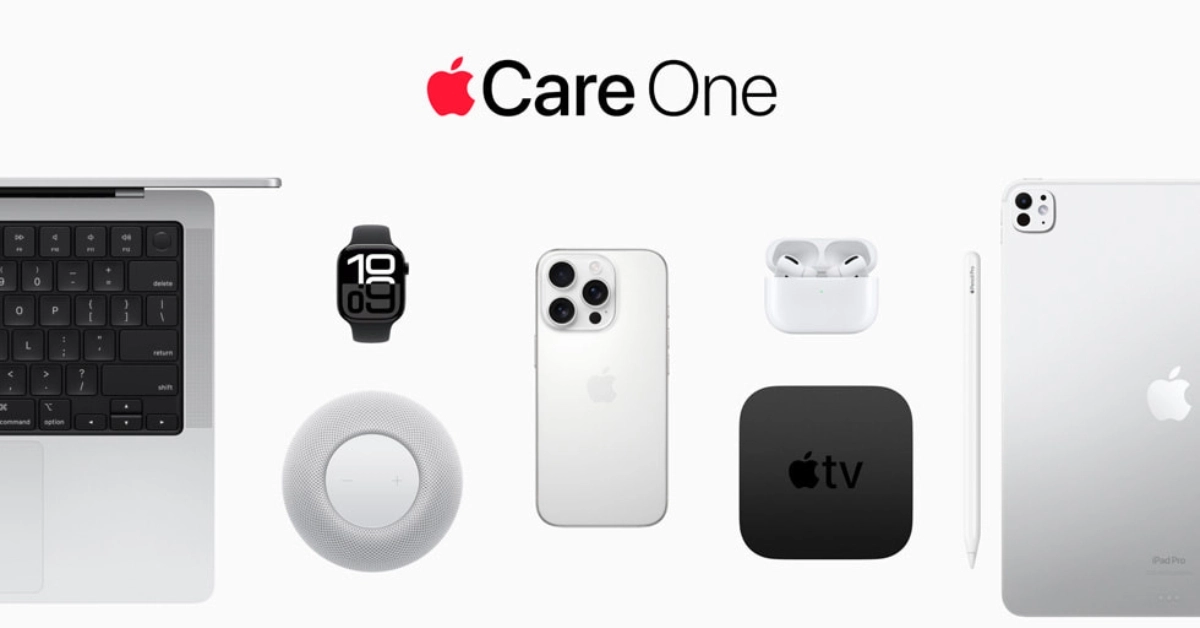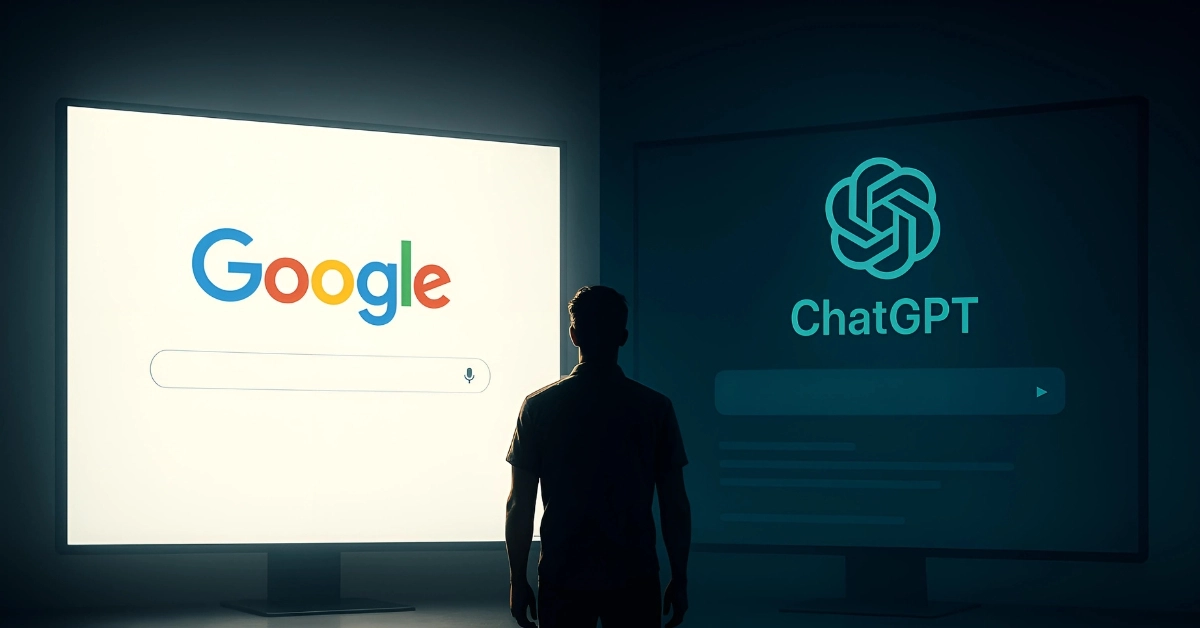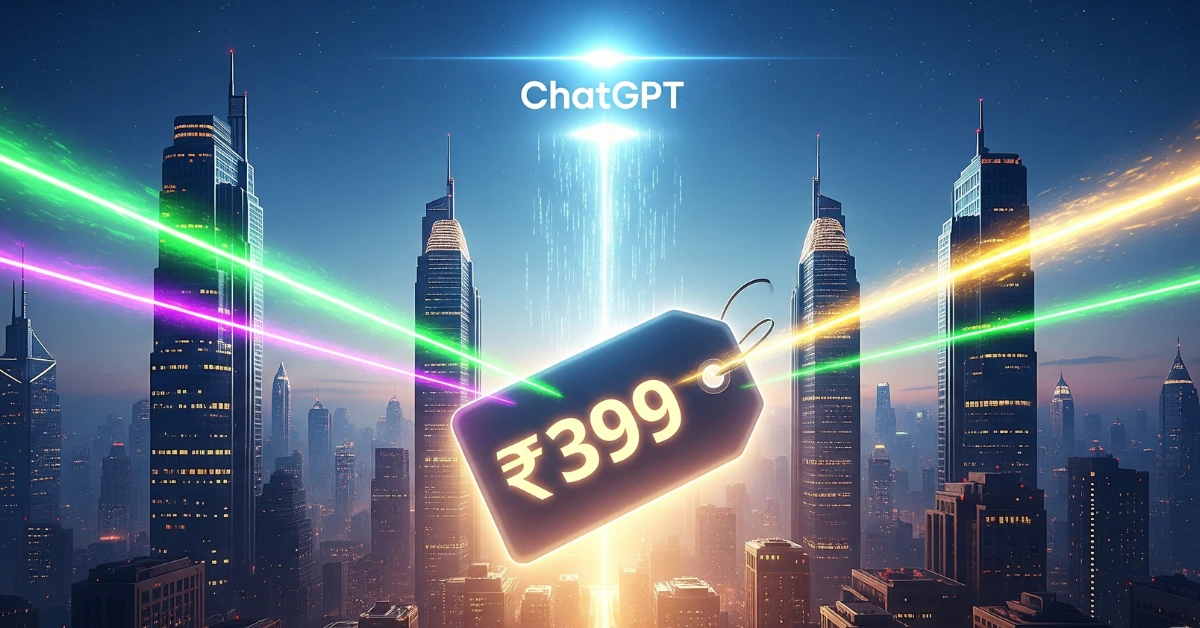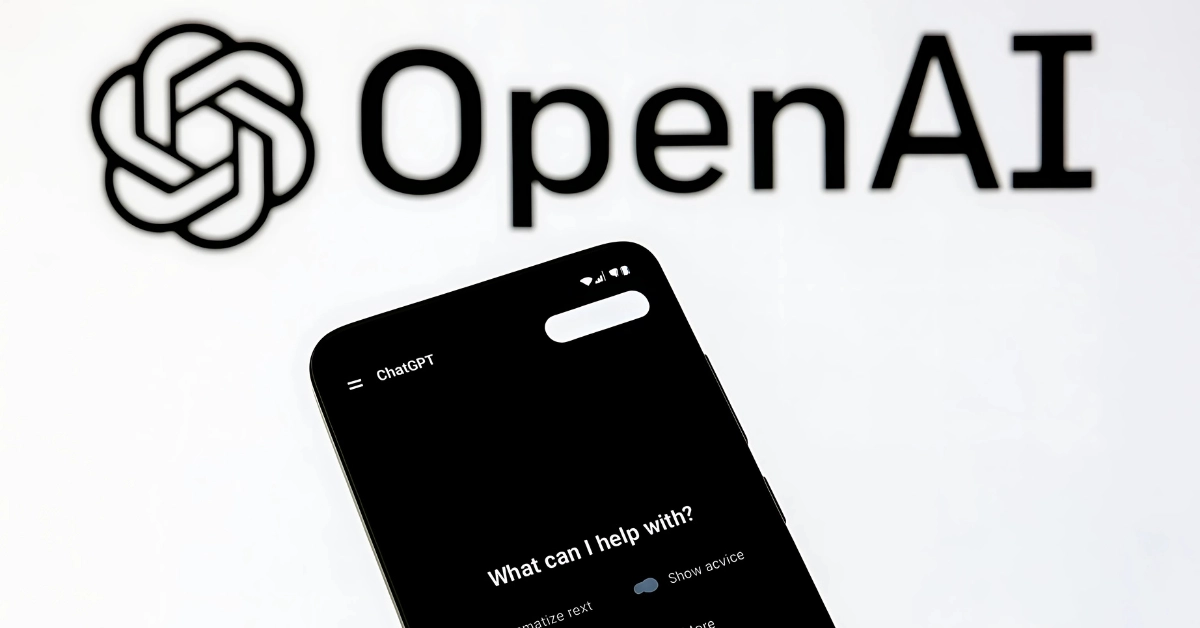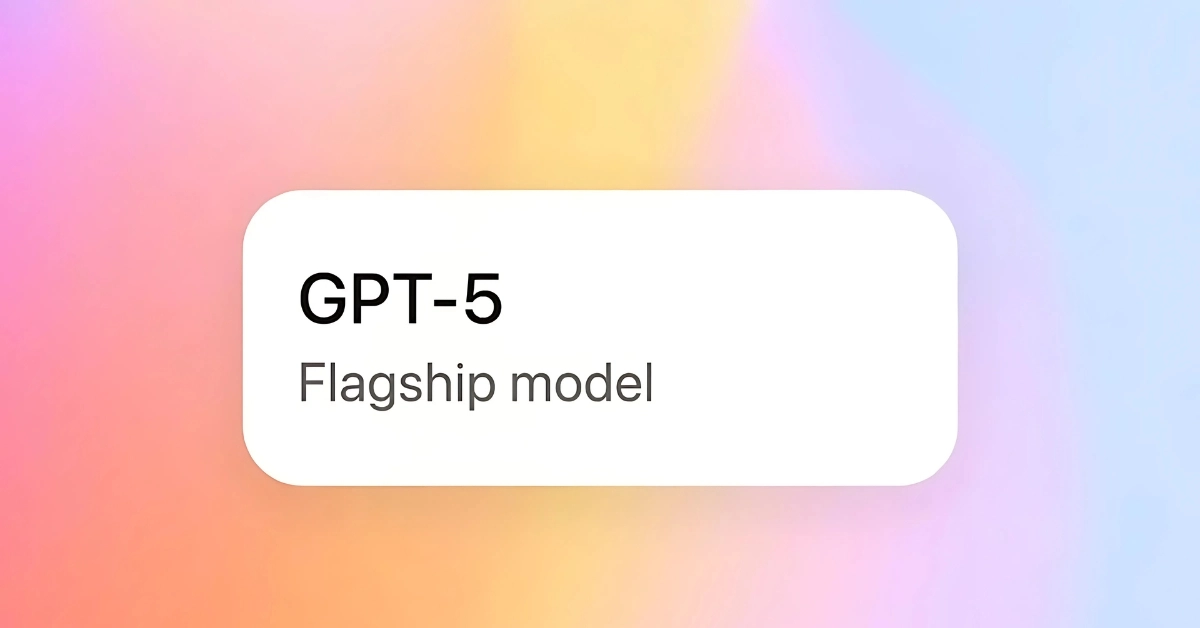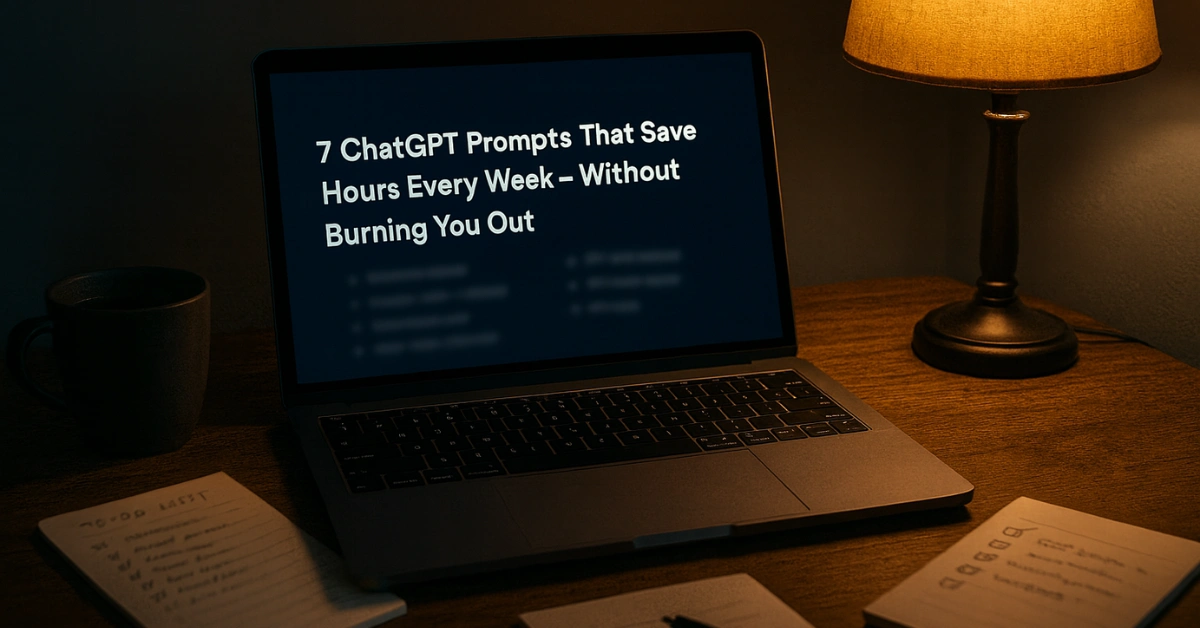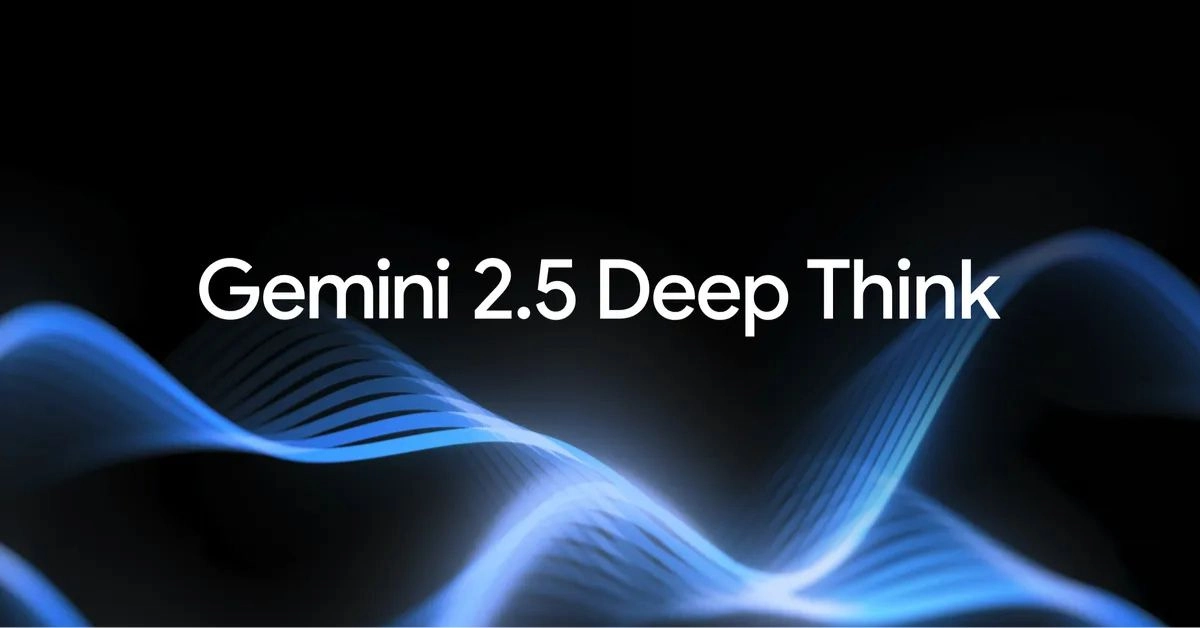By Mohit Singhania | Updated: June 24, 2025
“Two Passwords for Every Human on Earth” — Let That Sink In.
The internet just got a brutal reality check. A jaw-dropping 16 billion login credentials have been leaked in .what researchers are calling the largest data breach in digital history, according to Cybernews.
And no — this isn’t some old, recycled dump from 2014. This is fresh, functional, and freaking terrifying.
From Google and Apple IDs to Facebook, Telegram, Microsoft accounts, and even your VPN logins — nothing was spared.
Cybernews researcher quote:
“This is by far the biggest credential leak ever uncovered. And the scale? Unprecedented.”
What’s Been Exposed?
Think of it like this:
- 16 billion usernames and passwords, spread across 30+ breached databases
- Most of this data has never been seen before — it’s not part of previous leaks
- Platforms affected:
- Gmail, Outlook, Apple ID
- Facebook, Instagram, Telegram
- Microsoft, X (Twitter), LinkedIn
- VPNs, banking portals, shopping sites
And yes — this includes India. Especially India.
Why This Isn’t Just “Another Breach”
Unlike the massive “MOAB” leak in 2024 (26 billion records), which mostly compiled older breaches…
This one is different — new, active, real-time credentials.
Which means:
- Hackers can use them right now
- Automated attacks (credential stuffing) just became 10x easier
- Your OTP-protected accounts? Might already be next in line
Translation: This is not a warning. This is a live robbery in progress.
What You NEED To Do Now — Your Masala-Style Survival Kit
No panic. Just action.
Here’s your 5-step spicy security checklist:
1. Change Your Passwords — Everywhere
Focus on your main accounts first:
- Email (Gmail, Outlook, Yahoo)
- Banking & UPI apps
- Social Media
- Cloud storage (Google Drive, iCloud, Dropbox)
2. Enable Two-Factor Authentication (2FA)
One OTP could save your entire digital life. Just do it.
3. Use a Password Manager
Don’t try to memorize 50 different passwords. Let tools like Bitwarden, 1Password, or Proton Pass handle the heavy lifting.
4. Check If You Were Exposed
Go to https://haveibeenpwned.com or Cybernews’s leak checker and verify your emails.
5. Watch for Phishing
Be paranoid. If an SMS, email, or call seems fishy — it probably is. Don’t click. Don’t reply. Don’t share your OTP.
Timeline: When Did This Bomb Drop?
- Discovered: June 19–20, 2025
- Researchers traced the breach across 30 independent data dumps
- Many were hosted on hacker forums, some even freely accessible
Unlike older mega-leaks, these credentials were packaged in a way that even amateurs can exploit them. No dark web ninja skills required.
Who Did It? And Why Now?
Experts aren’t 100% sure who compiled the leak, but all signs point to a coordinated data harvesting operation:
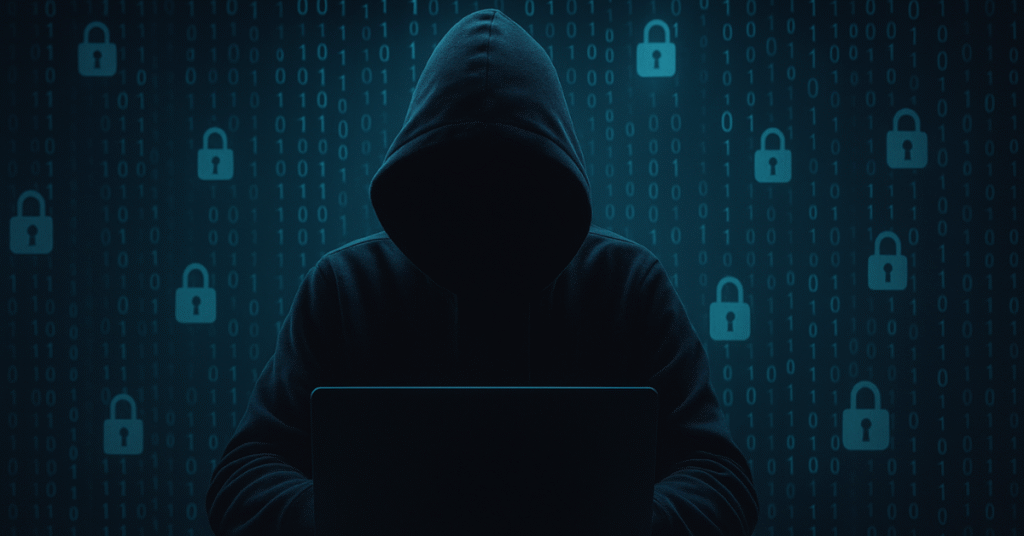
- Possibly stolen via keyloggers, fake apps, malware, and phishing pages
- Some data likely comes from leaky servers, not just individuals
- Shared publicly, possibly to gain notoriety or recruit more hackers
Comparison: MOAB 2024 vs “Live Breach” 2025
| Feature | MOAB 2024 | 2025 Breach |
|---|---|---|
| Total Records | 26 Billion | 16 Billion |
| Type | Mostly recycled | Mostly fresh |
| Exploitable Now? | ❌ Mixed | ✅ Fully functional |
| Global Risk Level | 🔥🔥🔥 | 🔥🔥🔥🔥🔥 |
| Indian Users Affected | Moderate | Very High |
“This leak makes MOAB look like a trailer. This is the full movie, and it’s a horror show.”
— TechMasala Editorial
Related Reads You’ll Love:
- How to Spot a Fake AI Tool Before It Scams You
- UPI Isn’t As Safe As You Think: How to Stay Scam-Proof
- These Indian Apps Are Tracking You 24/7 — Here’s What To Do
Final Thoughts
This is the breach that breaks the internet’s illusion of safety.
You don’t need to be a techie to get hacked — you just need to reuse a password once, or fall for one fake email.
So no more “123456” and no more “iloveyou” as your passwords.
Update your digital life like your financial life depends on it — because now, it literally does.
Stay spicy. Stay sharp.

